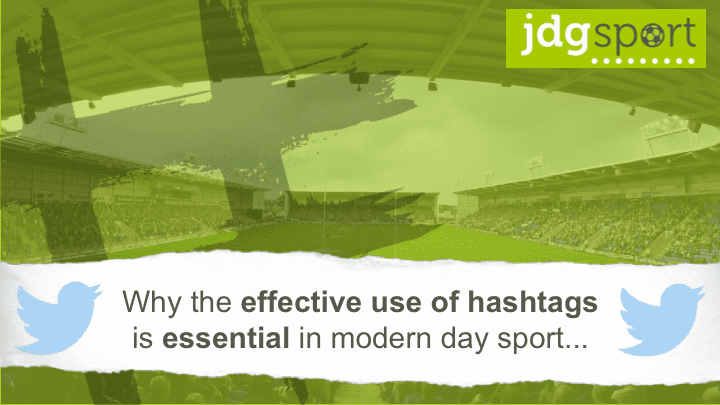It is very much the case in modern-day sport that the actions of a club off the field are equally as, if not more important than what is produced on the pitch.
With the increase in technology and access to streaming service subscriptions giving fans an alternative to attending games, sporting organisations using social media in the correct way is paramount.
Understandably, there are some instances where properly utilising social media channels do not make or break a club; for example, lets use Manchester United. The most successful side in Premier League history generated approximately £583m in revenue during 2018, according to figures from Statista.
With those kinds of numbers, using social media in the most productive manner isn’t necessarily the be-all-and-end-all of their existence. However, that is the case for smaller clubs in arguably lesser sports.
Take rugby league for example, a sport which generates a fraction of the revenue of other UK sports.
Eight-time Super League winners Leeds Rhinos generate approximately £10m in revenue per season, while Warrington Wolves and Wigan Warriors, two of the wealthiest clubs in the competition, only rake in around £7m each year.
With an average attendance of 8,547 last year, it is clear that sports like Super League need to do more to get bums on seats and using social media in the right way is a good way of doing so.
A key component of promotion through social media is the use of hashtags, a crucial part of modern-day marketing in any sphere.
According to Jimit Bagadiya, a social media and digital innovation expert, hashtags are a great way of making an organisation’s content easily discoverable.
The idea of making content more ‘accessible’ using hashtags is worth focusing on in itself. With approximately 326m people using Twitter every month, content needs to stand out from the crowd.
A quick analysis of rugby league clubs highlights the difference in understanding and effectiveness when it comes to the role a hashtag can play.
Take for example Salford Red Devils’ use of #TogetherStronger. A common hashtag like this is something that clubs need to steer away from if they are to utilise the system in the correct manner.

At the time of writing, this generic hashtag has appeared in over 500 tweets in the last 48 hours, on accounts ranging from the Welsh national football team to Kukri Sports, a North American sportswear brand.
As Jennifer Spencer says in her column for Entrepreneur, the use of generic hashtags will likely generate so many other posts using the same hashtag that your content will be lost in the mix.
This sentiment is also the case for League One side Coventry Bears’ #ForTheNext, which is also utilised by the Texas Storm Chasers and Battalion 1944, an online multiplayer video game. They are just three of hundreds using such a generic hashtag, offering very little insight into what service or product they actually provide.
Now-Championship club Widnes Vikings also used the generic #RiseAgain, although they have recently changed and since became the sole users of #UpTheVikings.
It is no secret that clubs using unique and innovative hashtags are reaping the fruits of their labour.

Widnes have played their last two home games in front of over 5,000 fans, while Warrington – who are the sole users of #AllForTheWire – attracted over 1,000 more fans to their clash against Wigan at the beginning of March compared to the corresponding fixture 12 months prior.
Rugby league is just one of a number of sports competing for footfall on a match day. In the UK, sports from basketball and ice hockey right through to lower-league football and rugby union are having to find new ways of attracting fans to games.
Hashtags are giving clubs ‘new and innovative ways’ of engaging with consumers, and when it comes to utilising the latest social media features, it is essential that clubs get it right.
With the battle for footfall becoming more prominent by the year, don’t be surprised to see more sports organisations educating themselves further when it comes to the effective use of social media.

